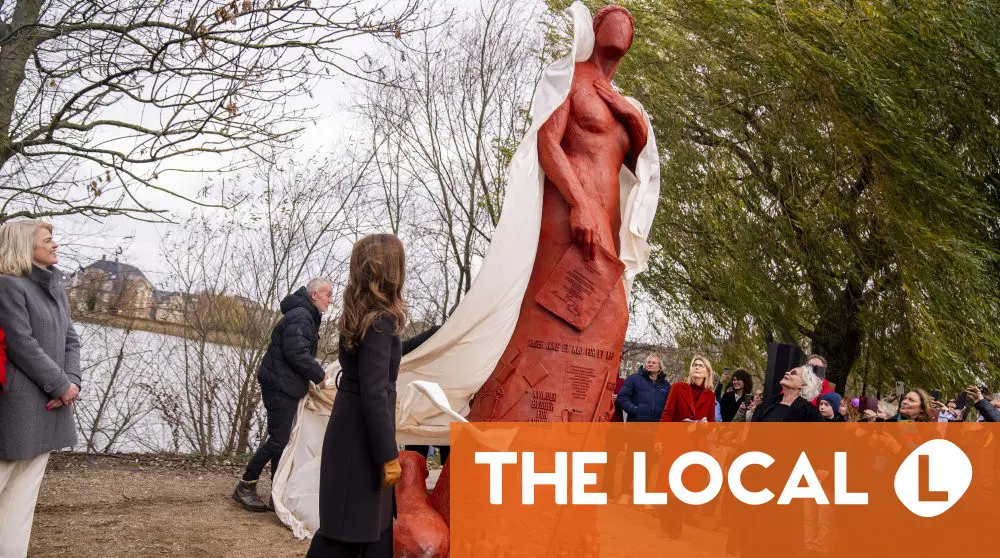Coalition parties want to ban Islamist group, research shows wage gap for immigrants, calls for more women statues and more news this Thursday.
Government parties to make new attempt to ban Hizb ut-Tahrir
Two parties in the coalition government, the Liberals (Venstre) and Moderates, want to revisit the possibility of banning the Islamist organisation Hizb ut-Tahrir.
Denmark’s public prosecutor, Rigsadvokaten, previously concluded in 2015 that such a ban would not be legally viable, but the two parties want that ruling reassessed, newspaper BT reports.
Already banned in several European countries, Hizb ut-Tahrir advocates for an Islamic caliphate and has repeatedly drawn criticism for its anti-democratic stance. Several of its members have convictions for condoning terrorism.
The group “actively seeks to undermine [Denmark’s] democratic values” according to Louise Elholm, acting political spokesperson with the Liberals.
“We strongly oppose this approach and we would therefore very much like to see a swift investigation into whether it is legally possible to dissolve Hizb ut-Tahrir,” she told BT.
Rosa Eriksen, acting political spokesperson for the Moderates, said the organisation “serves no constructive purpose in Denmark.”
Immigrants in Denmark face ‘barriers’ to high-paying sectors
New research has concluded that foreign nationals in Denmark earn 9.2 percent less than Danes, largely due to limited access to better-paid industries.
The conclusion is part of an international study published in British journal Nature and has also been detailed in a press release from Copenhagen Business School.
The study analysed data from 13.5 million employees and employers across nine countries, including Denmark.
On average, immigrants across the nine countries earned 17.9 percent less than native-born workers. Denmark therefore performs better than average but still has a wage gap.
Researchers said access to high-paying industries was a key factor in the earnings disparity.
We’ll have more detail on this story in a separate article on our website today.
Advertisement
Public invited to nominate women for new statues
The government wants to honour overlooked women from Danish history with new public monuments, thereby bringing the number of statues of women closer to that of men.
Men cast in bronze and stone are a familiar sight in public spaces across Denmark, but statues of women remain rare, something the Ministry of Culture says it wants to change.
“In Copenhagen, for instance, there are more statues of mythical creatures than of women. That’s clearly unbalanced, especially given how many remarkable women have shaped our modern history,” Culture Minister Jakob Engel-Schmidt said to news wire Ritzau.
READ ALSO: Copenhagen installation critiques lack of women statues
Members of the public have been invited to nominate women from Danish history they believe deserve greater recognition. Nominations could eventually lead to new statues being erected.
Advertisement
Suggestions can be submitted at the website borgerbidrag.dk. Input received by the public will be included in a forthcoming government committee report, which will look at honouring more women in public spaces.
Any final decision on which women will be immortalised in bronze rests with the Danish Arts Foundation (Statens Kunstfond). The amount of funding for the project is currently unclear.
Electricity price to change every 15 minutes
Electricity prices will be updated every 15 minutes in Denmark from October 1st, meaning changes in the unit price could come more frequently than the current hourly updates.
The change, which is taking place across the European electricity market, means that the current maximum of 24 electricity prices during the course of a day will increase to 96.
The intention of the new system is to allow generation of electricity by sun and wind production to be more closely monitored.
